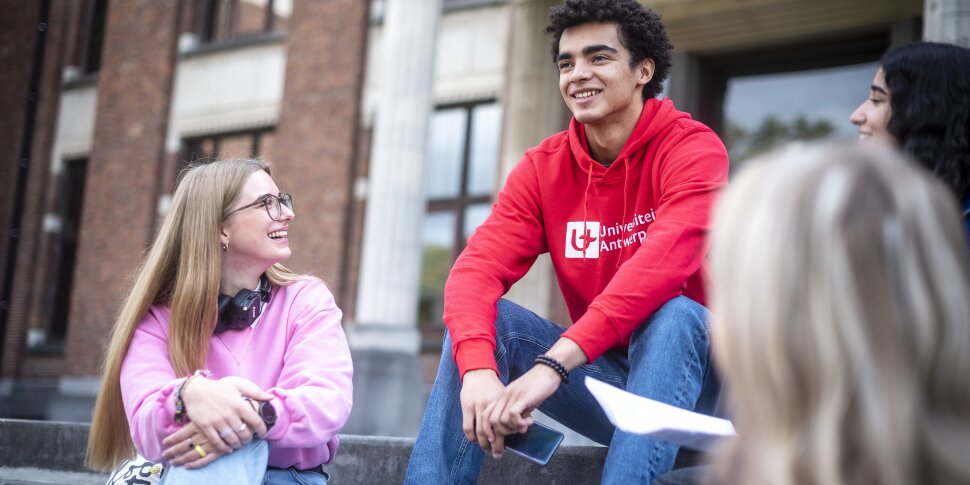About
International Mobility + Service-Learning
The purpose of the Erasmus+ project UNICORN (UNIversity COmmunity LeaRNing) will design and test a new Mobility Scheme for students that combines international mobility with a Service-Learning experience in the community.
The University of Bologna coordinates the 3 year Strategic Partnership project, that started in September 2019 and will end in December 2022.
The University of Antwerp, the University of Leipzig, Complutense University of Madrid and University College Cork are the European academic partners. The University of Pretoria (South Africa) is also a project partner, and will bring the added value of its 10-years expertise in implementing Service-Learning and community engagement projects, and in training academics and students for that purpose.
Each European institution works together with a community partner. UCSIA, the University Centre Saint-Ignatius Antwerp, is UAntwerp’s community partner.
The project's website is unicornmobility.eu.
Target Groups
Service Learning requires students to gain curricular credits by performing a community service that answers the needs of the community. Educational institutions and community organizations design S-L projects together, to which students are required to contribute by applying their knowledge and competences.
The main targeted groups of the UNICORN project are:
• students (undergraduate-graduate-PhD)
• academics
• community organizations and the local/global communities
For the University of Antwerp, the International Relations Office and the local Community Service Learning-team (Centre Pieter Gillis) are involved in the project. UAntwerp is leader of the Intellectual Output ‘Mobility Administrative Toolkit’ and will work out methodologies and guidelines to implement international Service-Learning experiences.
Results
The main expected result of the UNICORN project is a new Mobility Scheme for Higher Education students that will serve the purpose of developing their civic and democratic competences and enhance their sense of social and civic responsibility. This new UNICORN Mobility Scheme will actually combine international mobility towards another university (for the purposes of study, placement, thesis, or other curricular-related activities) with the participation in a Service-Learning project offered by the hosting university in collaboration with some community organisation. At the end of the mobility period, this experience of community service will be recognized with curricular credits (ECTS) – whatever the purpose of the mobility was.
The UNICORN Service-Learning projects implemented by the partner universities in collaboration with the partner community organisations, open to the participation of students coming from other countries, will constitute the UNICORN Living Catalogue.
Other results of the UNICORN project – all of them functional to the implementation, functioning and sustainability of the new Mobility Scheme – will be the following:
· a set of Training Resources for academics and community organisations
· a MOOC for students, to prepare them to the Service-Learning experience abroad
· a Mobility Administrative Toolkit
· a set of Recommendations for policy makers
